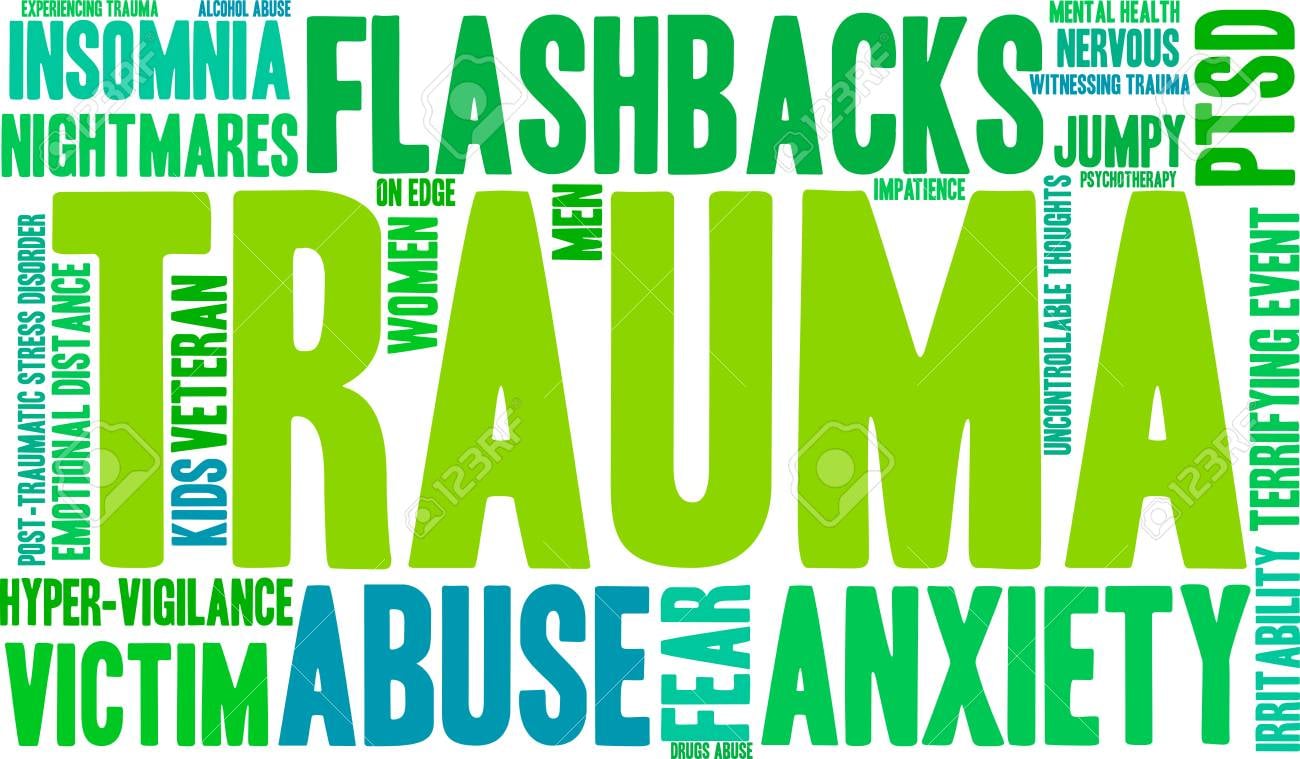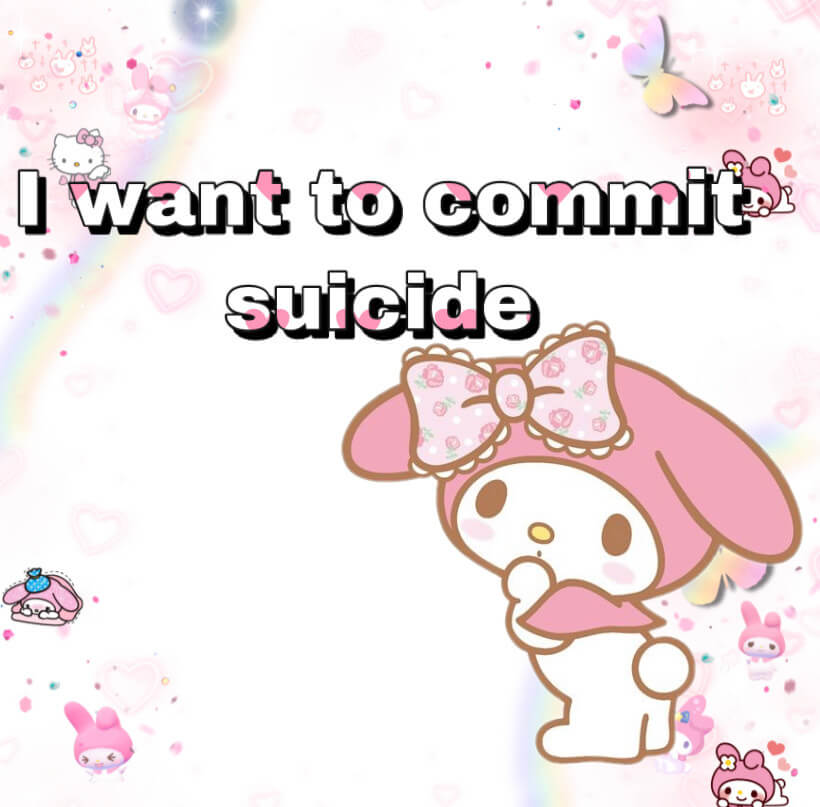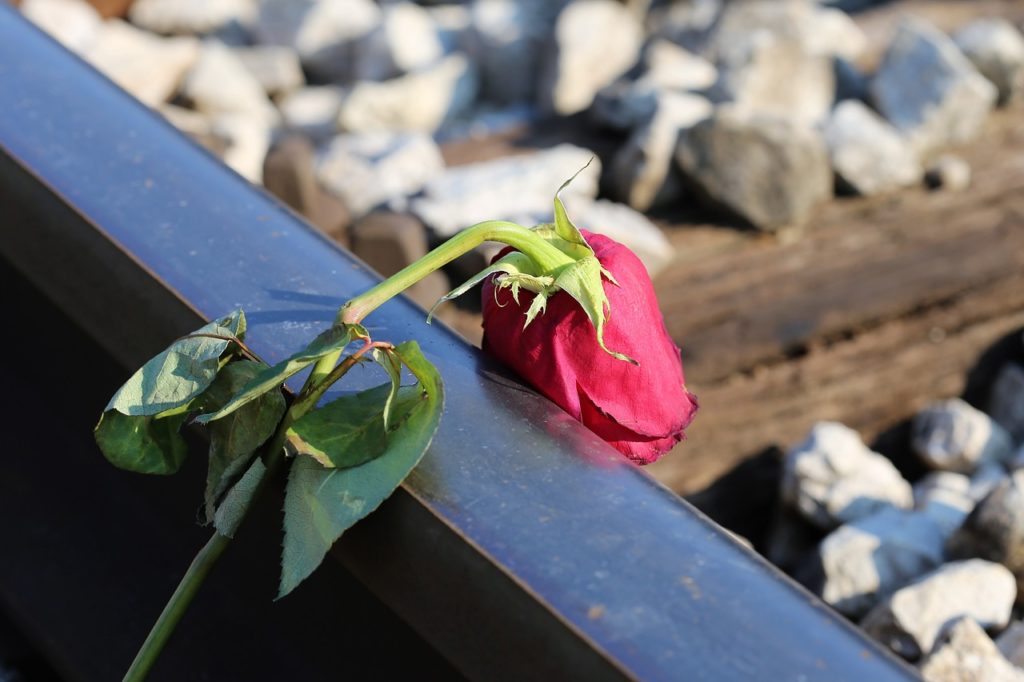

The literature indicates that healing for Indigenous people must recognise the ‘historical and societal causes’ of trauma while empowering people to overcome the impact of this trauma on their lives. Although this contributes to the social and health disadvantages experienced by Aboriginal and Torres Strait Islander people, the influence of unresolved trauma is often overlooked in policy and practice. Similarly lateral violence, family and sexual violence are recognised as an outcome of historical oppression and violence against Indigenous peoples.įor Aboriginal and Torres Strait Islander people colonisation and subsequent policies have created unresolved trauma which has been passed down from generation to generation. Suicide has also been linked to the cultural disruption caused by colonisation.

Common manifestations include alcohol and substance abuse, interpersonal violence, homelessness, physical illness, criminality, and disruption in meaningful social relations. There is consensus in the field of trauma research that people ‘who are exposed to traumatic events also experience psychological and physical health problems.’Īccording to the literature there are similarities in how trauma manifests for colonised peoples around the world. In children trauma may manifest as disorganised or agitated behaviour.

Responses to trauma can include intense fear, helplessness and horror. Many Aboriginal and Torres Strait Islander people also experience trauma as a result of ongoing racism, violence and disadvantage. breakdown of healthy patterns of individual, family and community life.destruction of Indigenous forms of governance, leadership and community organisation.forced removal of children from their kin, country and culture to institutions where they were harmed physically, emotionally and sexually.undermining of traditional identity, spirituality, language and cultural practices through the establishment of missions and reserves and the government policy of assimilation.conflicts, massacres and dispossession of traditional lands and resources.
#Another word for trauma series
Traumatic events can be one off or involve a series of distressing experiences over time.įor Aboriginal and Torres Strait Islander communities the trauma of colonisation came in many forms: Traumatic events need not be experienced directly and can include threats from people we have a relationship with.

For some groups of people, trauma can occur frequently and become part of the common human experience’. Unfortunately, this definition doesn’t always hold true. Trauma has sometimes been defined in reference to circumstances that are outside the realm of normal human experience. ‘The word trauma is used to describe experiences or situations that are emotionally painful and distressing, and that overwhelm people’s ability to cope, leaving them powerless.


 0 kommentar(er)
0 kommentar(er)
